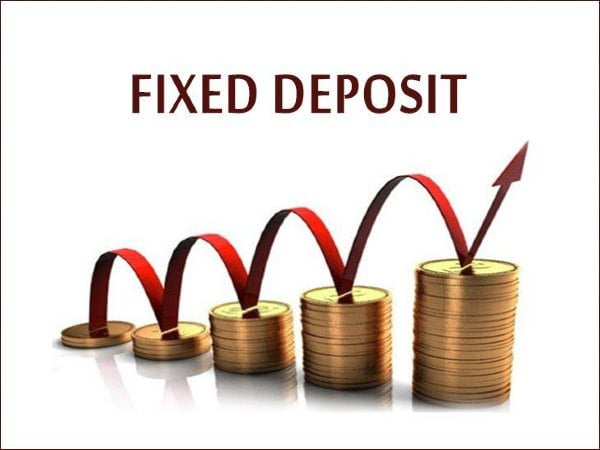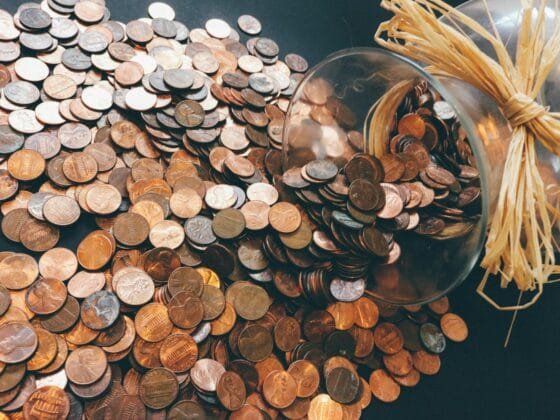What is an FD Account
As everyone know, the extent of investment’s has expanded enormously in these recent times. Banks nowadays offer multi-investment plans for you to chose from and among them a safe form of investment is Fixed Deposits.
So, if you’re looking for a safe investment in India Fixed Deposit can be a righteous option. In this article we will discuss about fixed deposit investments and its various features
- FD or fixed deposits are the safe investments that allow an individual to earn regular interest income.
- FD’s assures guaranteed returns along with no involvement of risk of loss of principal amount. Also, the returns on fixed Deposits are unaffected by market fluctuations.
- All interest gains from the fixed Deposits are taxable by law.
The rate of interest which is generally associated with the fixed deposits are completely dependent on the principal amount invested and the investment tenure, So, on maturity, you will receive the principal amount as well as the compound interest. However, this can only be possible if you choose the option for a cumulative fixed Deposit. You also get an option of non- cumulative FDs in which you earn interest income on a monthly or quarterly basis.
Bankers typically adopt the option to invest in fixed deposits because its safe and deposit. Once you manage to deposit the certain mount of money, you will gain fixed amount of money frequently. Moreover, the returns on fixed deposits remains unaffected by changes in the interest rate or even market fluctuations. These risk-free features of Fixed Deposit would obviously captivate people attention who are interested in investments.
What are the features provided by Fixed Deposit?
Reliable Investment:
We have seen that most market-led investments are subjected to changes over time. Contrary, Fixed Deposits are claimed to be safer and more reliable. The reason behind this is that generally the returns which are generated by the Fixed Deposits are fixed. So, this feature clearly means that there would be no effect on FDs of market volatility at least till the investment tenure.
The Rate of Interest
The rate of Interest which are offered basically depends upon your principal amount and the chosen tenure. Typically, the interest rates are higher for long-term FDs and similarly lower for the short-term Fixed Deposits.
Flexible Tenure and renewal
Fixed Deposits can be held for tenures as short as a week to ten years. You can choose your preferred term at the time of opening a FD. You can just renew the FD on its maturity, but always remember to check the interest rates.
Tax Deduction
According to the Income Tax act,1961. You can calculate FD interest income in the ‘other income sources’ while reporting your returns.
Benefits of Fixed Deposits

Apart from knowing the meaning of Fixed Deposits, it is equally important to understand their benefits.
- Fixed Deposits are the safer investments that offer you the fixed returns
- There is no risk in the investment of principal amount.
- You are also provided with an option to apply for a top-up loan against a fixed deposit in case you need the funds.
- Most of the Indian banks offers the senior citizens a 0.5% higher interest rates on fixed deposits
What are the Taxes applied on Fixed Deposit?
All the interest earnings from the fixed deposits are taxable under the Indian Income act,1961. The tax deducted from FD interest may range from 0% to 30% depending upon the income bracket of the investor.
For example, if your total income is below the minimum tax slab of 10%, you can claim the exemption of taxes on your TDS deduction. Besides this, anyone income which falls under higher tax slabs of 20% to 30% will have to pay the extra taxes with the standard TDS rate.
Know how to avoid the tax deduction
- By submitting the form of 15G if you are under 60 years of age
- By submitting form 15G if you have more than 60 years of age. This would fall under the Senior Citizen.
Thus it is confirmed that fixed deposit can be an excellent investment option if you’re looking for assured returns and a safer option of investing your money. Moreover, you can use your fixed deposits as a collateral if you need a bank loan.

 Add to favorites
Add to favorites








